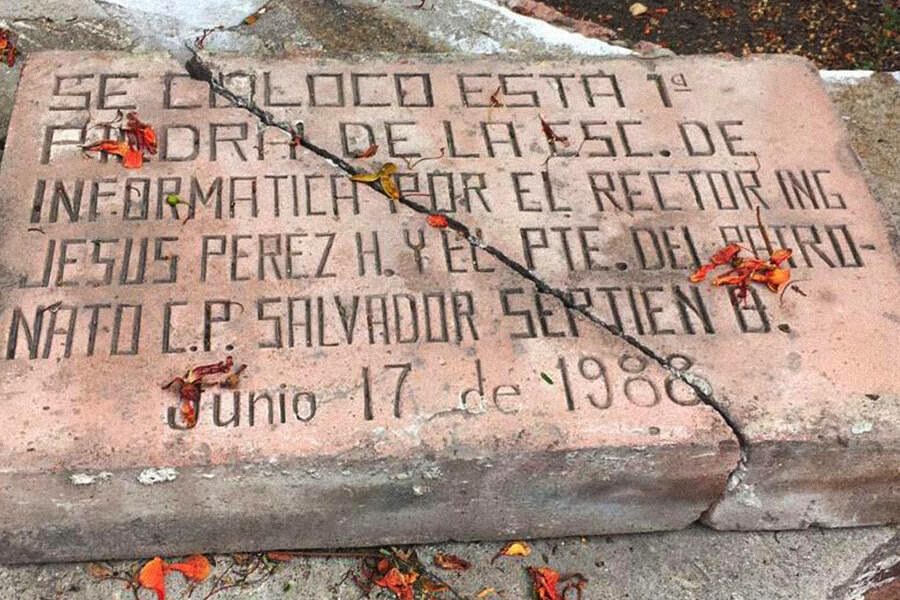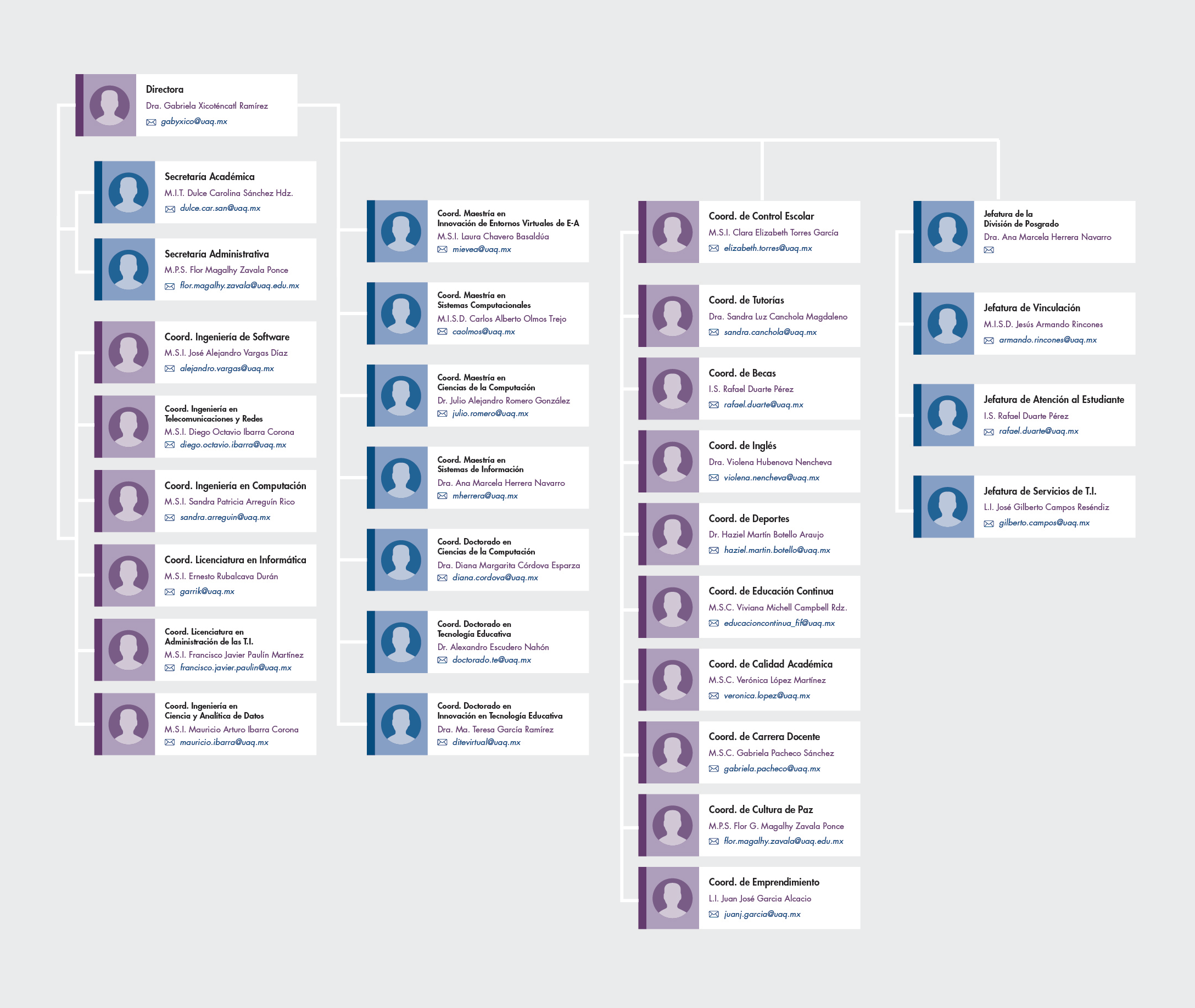Reasoning and technology to Innovate and Transcend
The Computer Science Faculty since its creation in 1987 has worked decisively in the training of ICT professionals according to the requirements of society and industry, this is reflected in the continuous search for quality of our study plans that have been evaluated by the Interinstitutional Committees for the Evaluation of Higher Education, A.C. (CIEES) and accredited by the Council for the Accreditation of Higher Education, A.C. (COPAES) through the National Accreditation Council in Computing and Computing A.C. (CONACIC).
The first career offered by the Faculty was the Computer Science Degree, career to which its name is due, the educational offer was extended in 1999 with Computer Engineering, later in the year of 2007 and responding to the industry requirements the bachelor's degrees of The Telecommunications and Network Engineering and Software Engineering, finally in 2011 all the careers are restructured to adjust them to the current requirements and in the same way the Information Technology Administration Degree is created.

The Computer Science Faculty of the Autonomous University of Querétaro has the firm commitment to train conscious human beings, sensitive to the needs, the problems of their environment and, above all, with the ability to perform as competent, innovative professionals and with ethical principles in the information technology area. Likewise, the Faculty constantly seeks the link and extension with different sectors of society to strengthen research, development and innovation of the state of knowledge, while seeking to increase the offer and academic coverage of the Faculty's educational programs to respond to the current needs of society.
The Computer Science Faculty of the Autonomous University of Querétaro is consolidated as a benchmark in the comprehensive and ethical training of professionals in the area of information technology. Likewise, it is recognized for the quality and excellence of its nationally and internationally accredited educational programs, its social responsibility and its commitment to the community that forms and surrounds it. It strengthens both the extension and the multi-, inter- and transdisciplinary work through research, the training and consolidation of academic bodies, the development of innovation projects and the link with different social and industrial sectors. In the same way, it expands the coverage and offer of the different educational programs at the state and national level, which are kept updated to answer the current demands of society and industry. Finally, it promotes social responsibility and the generation of knowledge to promote the development of the community and the environment in which it is located.
